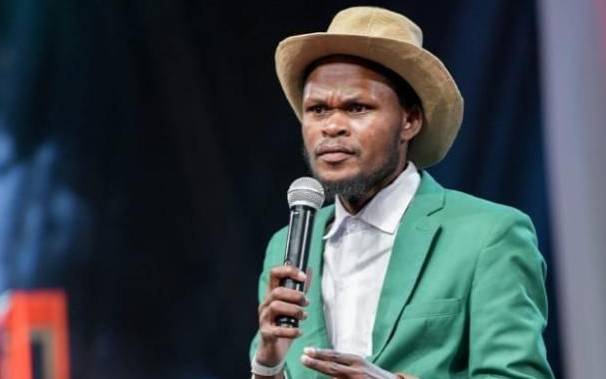
“Othuol was not operated on. He passed on before the operation happened. So where is the money that was collected for the operation, and where did it all go, considering how high his send-off bill was?” a comedian seeking anonymity posed the question to Pulse, in trying to point us to the crux of the matter.
This was last, week as the funeral arrangements for the late comedian, real name Ben Maurice Onyango, were being finalised. The comedian was raising the query after Comedians in Kenya Society Chairman Ken Waudo was quoted as saying, “Plans are underway to inter his body at his ancestral home in Ndere, Alego, Siaya County scheduled for 24th October 2020, and we are looking at Othuol funeral budget ranging between Sh700,000 to Sh1 million.”